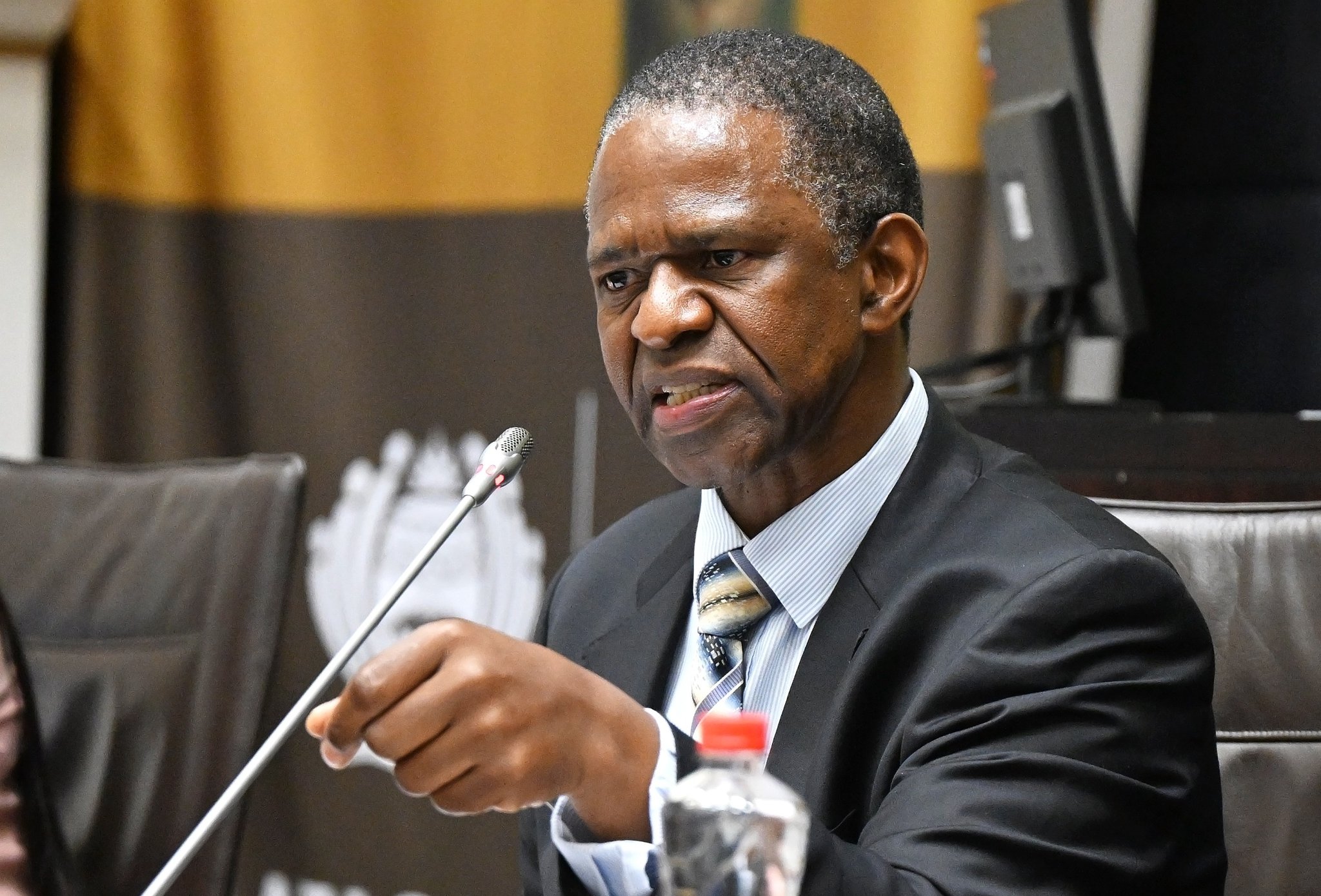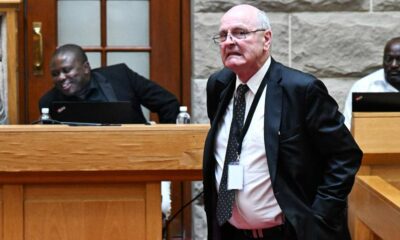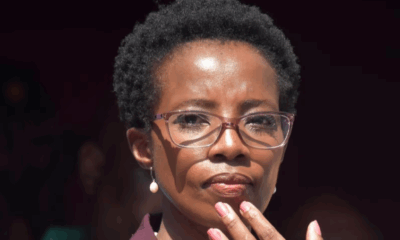News
Parliament Warns: South Africa Can’t Carry the World’s Burden on Immigration

South Africa’s Parliament has stepped into the increasingly heated debate over immigration, warning that while citizens’ concerns about undocumented foreigners are valid, the country cannot afford to let anger spiral into lawlessness.
At the heart of the conversation is a sobering reminder from Dr Sibongiseni Dhlomo, chairperson of the Portfolio Committee on Health: South Africa simply does not have unlimited resources to shoulder the world’s needs.
A Nation Feeling the Strain
For months, groups like Operation Dudula and March to March have been making headlines for their controversial campaigns. Members of these organisations have physically removed people they believe to be undocumented from public hospitals and clinics, arguing that healthcare should be reserved for South Africans first.
But Parliament made it clear this week that such actions cross a dangerous line. “Concerns cannot be wished away,” said Dhlomo, acknowledging the frustration many South Africans feel about long queues and shortages in clinics. Yet he was equally firm: dragging patients out of waiting rooms is not the solution.
When “Undocumented” Doesn’t Mean “Illegal”
One of the biggest challenges, MPs pointed out, is that “undocumented” does not automatically mean “illegal.” Chairperson of the Select Committee on Education, Makhi Feni, revealed a startling figure: an estimated six million South Africans, around 11% of the population are undocumented themselves.
This means that in the rush to single out foreigners, even South Africans risk being denied healthcare and schooling. “How do you separate them?” Feni asked. “Some of these children are citizens, but simply lack paperwork. Denying them services would be unconstitutional.”
Outdated Laws Under Review
Part of the problem, according to Parliament, lies in outdated legislation that no longer reflects South Africa’s reality. Dhlomo suggested that certain acts, including the Citizenship Act and the Refugees Act of 1998, need urgent review.
“These laws are too wide,” he explained. “They allow access to state services in a way the country cannot sustain. We must face the reality that our resources are not infinite.”
The suggestion signals a possible turning point in how South Africa balances its constitutional commitments to human rights with the economic pressures facing its public institutions.
Civil Society’s Role Under Scrutiny
While recognising the frustrations that fuel movements like Operation Dudula, MPs cautioned against vigilante-style tactics. “Civil organisations must not trample on constitutional rights,” Feni said. “Removing children from schools or patients from hospitals is not only unlawful, it undermines social cohesion.”
Social media responses to the debate have been deeply divided. Some users applauded Parliament for finally admitting that South Africa cannot cater for the world. Others accused MPs of being out of touch, arguing that frustrations on the ground will only grow if government drags its feet.
A Balancing Act With No Easy Answers
Immigration has always been a sensitive issue in South Africa, where economic inequality fuels resentment toward foreigners competing for jobs and services. Yet the latest parliamentary debate highlights an uncomfortable truth: fixing the system is far more complicated than picking people out of queues.
As lawmakers weigh repealing outdated laws and introducing tighter immigration controls, one thing is clear: the conversation about undocumented foreigners is no longer just about borders, it’s about how South Africa defines fairness, citizenship, and survival in a country stretched to its limits.
{Source: The Citizen}
Follow Joburg ETC on Facebook, Twitter , TikTok and Instagram
For more News in Johannesburg, visit joburgetc.com



























